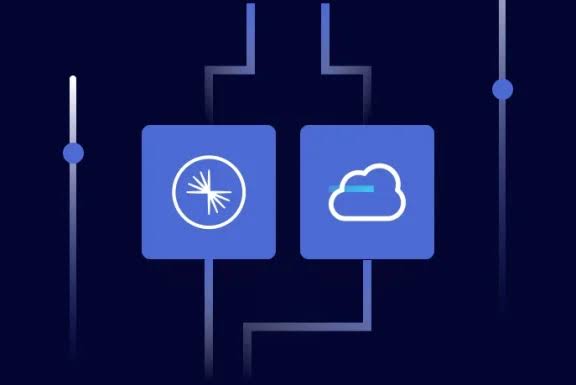Why Kora is the Future of Real-Time Data Streaming Over Apache Kafka🌄
 Vishesh Tiwari
Vishesh Tiwari
Hey there! 👋
In the world of real-time data streaming and event-driven architecture, Apache Kafka has long been the go-to solution for many organizations. But there's a new player in town – Kora! 🌟 This modern, high-performance data streaming platform is designed to address some of Kafka's limitations and offer a more streamlined approach to real-time data processing.
So, what makes Kora tick? Let's dive in! 🏊♂️
Simplicity and Ease of Use**: Kora is built to be user-friendly, reducing the learning curve and administrative overhead often associated with Kafka. 💡
High Throughput and Low Latency**: Kora promises fast data processing and quick response times, perfect for applications requiring real-time data processing. ⚡
Scalability**: Like Kafka, Kora can handle massive amounts of data and scale out seamlessly to accommodate growing data streams. 📈
Fault Tolerance and Reliability**: Kora ensures data reliability and fault tolerance, which is crucial for mission-critical applications. 🛡️
Flexible Deployment**: Kora supports various deployment options, including on-premises, cloud, and hybrid environments, allowing organizations to choose the best strategy for their infrastructure and business needs. 🌐
Now, let's compare Kora with Apache Kafka:
Architecture**: Kora simplifies the architecture, making it easier to deploy and manage at scale, while Kafka's distributed architecture can become complex as the cluster grows. 🏗️
Operational Overhead**: Kora minimizes operational overhead, making setup and maintenance more straightforward. In contrast, Kafka requires significant effort for setup, tuning, and maintenance. 🔧
Performance**: Kora is optimized for both high throughput and low latency, maintaining consistent performance even under heavy loads, whereas Kafka can experience latency issues under heavy load or complex configurations. 🏎️
Community and Ecosystem**: Kafka has a large, active community and a rich ecosystem of tools and integrations. Kora, as a newer entrant, is rapidly growing and evolving. 🌱
Cost**: Kora aims to reduce the total cost of ownership with efficient resource utilization and simpler management requirements, while Kafka's costs can escalate with the need for additional hardware and resources for managing large clusters. 💸
So, why choose Kora? 🤔
Ease of Adoption**: Kora offers a more approachable solution for organizations looking to adopt a data streaming platform without the steep learning curve. 🧑🏫
Operational Efficiency**: Reduced operational complexity means teams can focus more on developing applications rather than managing infrastructure. 🛠️
Performance Needs**: If your use case demands consistent low-latency and high-throughput data streaming, Kora's performance optimizations can be a significant advantage. 🚀
Future-Proofing**: Kora's scalable architecture ensures that your infrastructure can evolve without significant overhauls as your data streaming needs grow. 📈
In conclusion, while Apache Kafka remains a powerful tool, Kora presents an exciting new alternative for real-time data streaming. Its focus on simplicity, performance, and operational efficiency makes it a compelling choice for organizations looking to streamline their data processing capabilities. As Kora continues to mature, it could redefine the landscape of data streaming technologies. Whether you're starting a new project or considering a shift from your existing Kafka infrastructure, Kora is worth exploring. Its potential to simplify and enhance your data streaming operations could give you a significant edge in today's data-driven world! 🌍
Ready to give Kora a try? 🚀🔍
Subscribe to my newsletter
Read articles from Vishesh Tiwari directly inside your inbox. Subscribe to the newsletter, and don't miss out.
Written by
